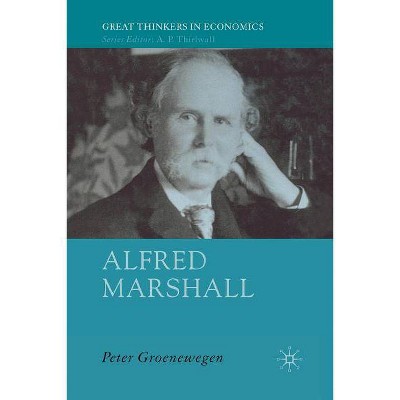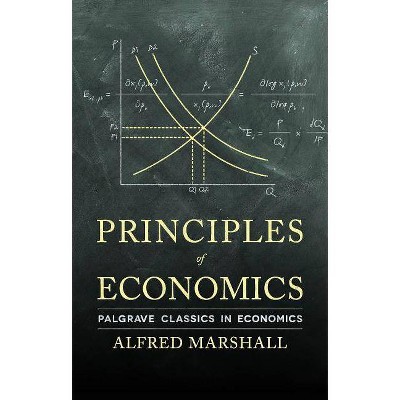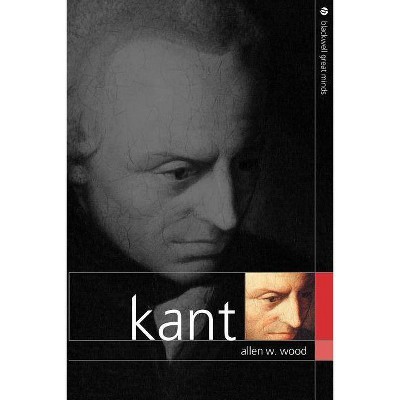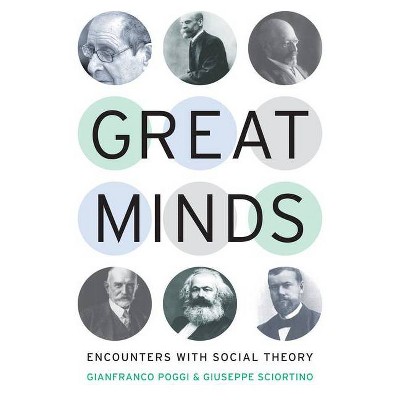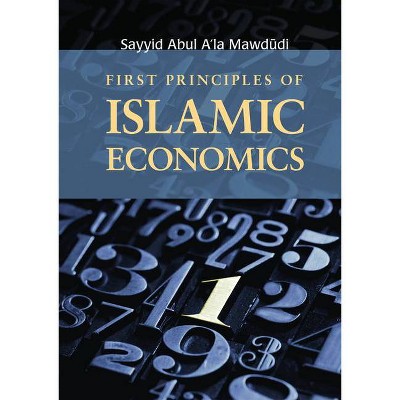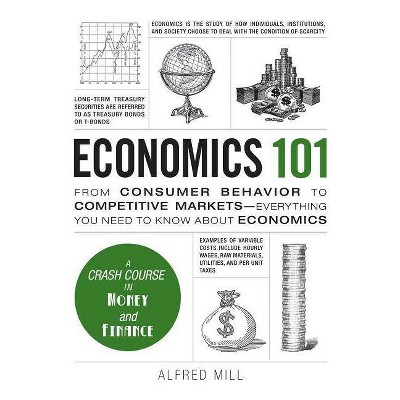Principles of Economics - (Great Minds) Abridged by Alfred Marshall (Paperback)
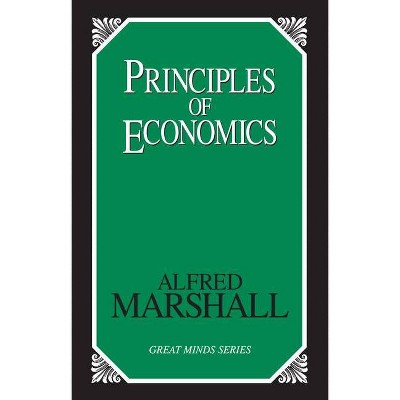
Similar Products
Products of same category from the store
AllProduct info
<p/><br></br><p><b> About the Book </b></p></br></br>"This is an abridgement of the eighth edition (1920), which excludes Books 4 and 6 and the appendices."--P. [viii].<p/><br></br><p><b> Book Synopsis </b></p></br></br>British economist Alfred Marshall (1842-1924) was one of the founders of the "neoclassical" school in which economists studied both wealth and human behavior to understand why we make the choices we do. First published in 1890, Principles of Economics stands as Marshall's most influential work. This abridged edition offers a general introduction to the study of economics, dealing mainly with normal conditions of industry, employment, and wages. It begins by isolating the primary relations of supply, demand, and price in regard to a particular commodity. Following his study of science, history, and philosophy, Marshall argues that, while fragmentary statistical hypotheses are used as temporary aids to dynamic economic concepts, the central idea of economics must be that of a living force and movement, and its main concern must be with human beings who are impelled, for better or worse, to change and progress.<p/><br></br><p><b> About the Author </b></p></br></br><b>ALFRED MARSHALL, </b>distinguished British economist, was born in London on July 26, 1842. His interest in economics arose out of his earlier studies of philosophy and mathematics. Following his tenure as first principal of University College, Bristol (1877-1881), Marshall taught at Cambridge University from 1885 to 1908, and lived in Cambridge for the remainder of his life. <p/> Marshall's chief work is the <i>Principles of Economics </i>(1890; eighth edition 1920). One of the founders of the so-called neo-classical school, Marshall argued that the economy would run best if left on its own, and that the normal functioning of a market econ-omy leads to full employment. Though influenced by the ideas of John Stuart Mill, Marshall substantially altered Mill's frame of ref-erence: instead of analyzing how the production of goods and the distribution of income among different social classes affected, often dramatically, economic well-being, he studied price setting in a static context, focusing on small, gradual changes and the complex interrelations by which market balance, or "equilibrium," is achieved. And while the earlier political economists Adam Smith and David Ricardo had identified labor as the force deter-mining the exchange value of goods, Marshall identified it as sat-isfaction of consumers' desires, or utility. <p/> Marshall's orderly Victorian picture of supply, demand, and price, particularly at a time when contemporary socialists and trade unions were challenging the status quo, came under attack by later economists, including John Maynard Keynes, who demon-strated that market forces can be ineffective in promoting full employment and who advocated enlightened government inter-vention over laissez-faire policies. Nonetheless, Marshall's work continues to influence orthodox economics. Alfred Marshall died in Cambridge on July 13, 1924. <p/> Marshall's other published works include <i>Industry and Trade </i>(1919) and <i>Money, Credit, and Commerce </i>(1923).
Price History
Price Archive shows prices from various stores, lets you see history and find the cheapest. There is no actual sale on the website. For all support, inquiry and suggestion messages communication@pricearchive.us
